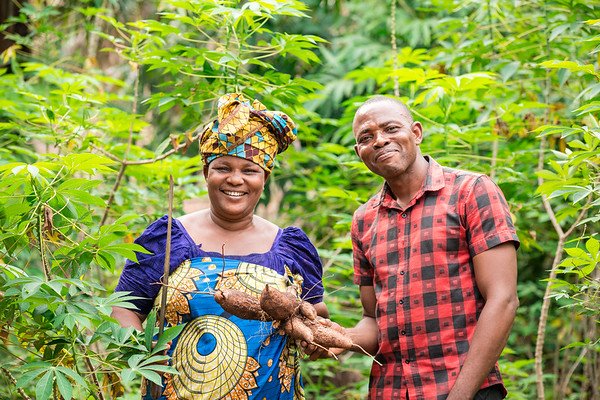The Partnership Initiatives in the Niger Delta (PIND) has collaborated with the Edo government to boost productivity of smallholder farmers in the state.
Speaking during a stakeholders workshop on access to land intervention, Chucks Ofulue, PIND’s advocacy manager, said the event was based on the theme “Value proposition for sustainable arable land in Edo state”.
The programme, which had in attendance farmers associations in the state, focused on the need to increase food production and boost the economy of rural farmers in Edo.
Stakeholders also called for more access to arable land to boost productivity, particularly among smallholder farmers.
Ofulue, who represented Tunji Idowu, the executive director, expressed optimism that legislation should be put in place and enforced for the smooth operation to access land.
“What we want to achieve is to ensure that the government can legislate on the propositions that will come out from the committee; because if you don’t legislate on it, you can’t enforce and that is what we are hoping for,” he said.
“We are partnering with Edo state and in other areas particularly in realising our long term, thirty years plan in agricultural policies and in moving on with policies generally.
“We have identified arable land for smallholder farmers as a problem within the state and we are trying to collaborate with the state government to alleviate that problem and to ensure that smallholder farmers have access to arable land to increase productivity and then increase their income.”
Also, Peter Aikhuomobhogbe, permanent secretary, ministry of agriculture, highlighted the importance of smallholder farmers’ contribution to the agricultural sectors.
“Smallholder farming can be an effective way to increase food production in rural areas. Smallholder agriculture is a way for poor rural people to feed themselves and their neighbours,” Aikhuomobhogbe said.
“It is also a way of generating income and stimulating vibrant rural economies, creating new opportunities for young rural people so that the poor rural people of today can become rural entrepreneurs of tomorrow in Nigeria



















